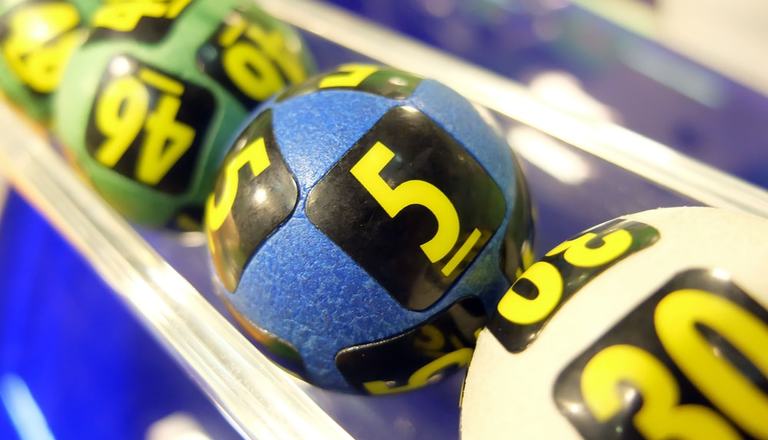
Rubber balls that drop to reveal winning lottery numbers, computers that generate a winning lottery number line. Is one better than the other?
There are many people who feel that lottery results are more random or more ‘natural’ with ball picks. Others feel that computer-generated numbers are more consistent. A third group of people don’t care which method is used to draw a lottery, as long as the numbers match their ticket and they win.
But is there really any advantage to using rubber-ball drops or ‘blowers’ over a computer? Does the aspect of randomness differ between the two methods? We explore these questions below.
Putting aside the regulatory factors that control lotteries, let’s take a look at the two ways lotteries are drawn.
How Does Each Method Work?
The first uses lightweight balls with numbers that are usually in some sort of clear bubble and are mixed around the bowl by blown air. This produces randomness as the balls are constantly and consistently blown and mixed up until they either enter a tube on their own or are let into a tube by another mechanism. As such, all of the balls have an equal chance to enter that deciding tube.
Computers use what’s known as a Random Number Generator - or RNG - to simply generate a number within a certain range. Because an RNG generates thousands or tens of thousands of numbers per second, there is no way of knowing which number will actually be selected as the drawn number.
Is It Really Random?
Now, there are some computer programmers who argue that since an RNG is simply a computer program and needs to be started from, you guessed it, a certain point or number, an RNG is not 100% random. And they are right.
However, whether it is real-life randomness or computer randomness, every random event outcome has been influenced by factors that came before it. For an RNG, it’s the seed number. For rubber balls, it’s the ball that may be sitting on the top right of the pile that gets blown over to the left, hitting another ball and causing it to fall back down onto the blower, etc.
An Example
A relevant example of this is someone playing craps. Humans are naturally ritualistic and habitual. We subconsciously do the same things the same way every time, even if we do consciously decide to do something different.
Most of us take the same route to work every day, and some even signal our lane changes around the same spot each time we’re on that route. We make our coffee or tea a certain way, take a shower the same way, and even dry ourselves off the same way. We are truly creatures of habit.
Now, with a craps player, even though shaking the dice and throwing them on the craps table will present an accepted randomness in numbers coming up, here’s what usually really happens. The player picks up and holds the dice the same way as normal as they shake them in their hand.
They then throw the dice in relatively the same way, at the same speed and strength every time. Their throwing technique remains consistent unless they consciously decide to alter one or more of these actions.
As such, because it is the same subconscious routine throw each time, the dice likely fall and roll on the table in the same way. Even if the outcome is different each time, the fact remains that, due to human habit, the results can be considered somewhat not random.
The result of the dice throw is dependent on the speed and strength of the throw, which is dependent on how the dice are held in the hand and shaken.
Final Word
As this example shows, any random or seemingly isolated event or outcome has usually been influenced by many events before it. On a slightly larger than quantum level, these things matter a great deal. On a realistic normal time-space world that we live in, it makes no difference. We consider these outcomes to be random whether they are mechanical or electronic.
So, it really doesn’t matter if a lottery draw is being done by physical balls or by a computer. For all real life and regulatory purposes, the outcomes are considered random, and it really makes no difference if you play ball or computer lotteries. The outcomes are the same.
